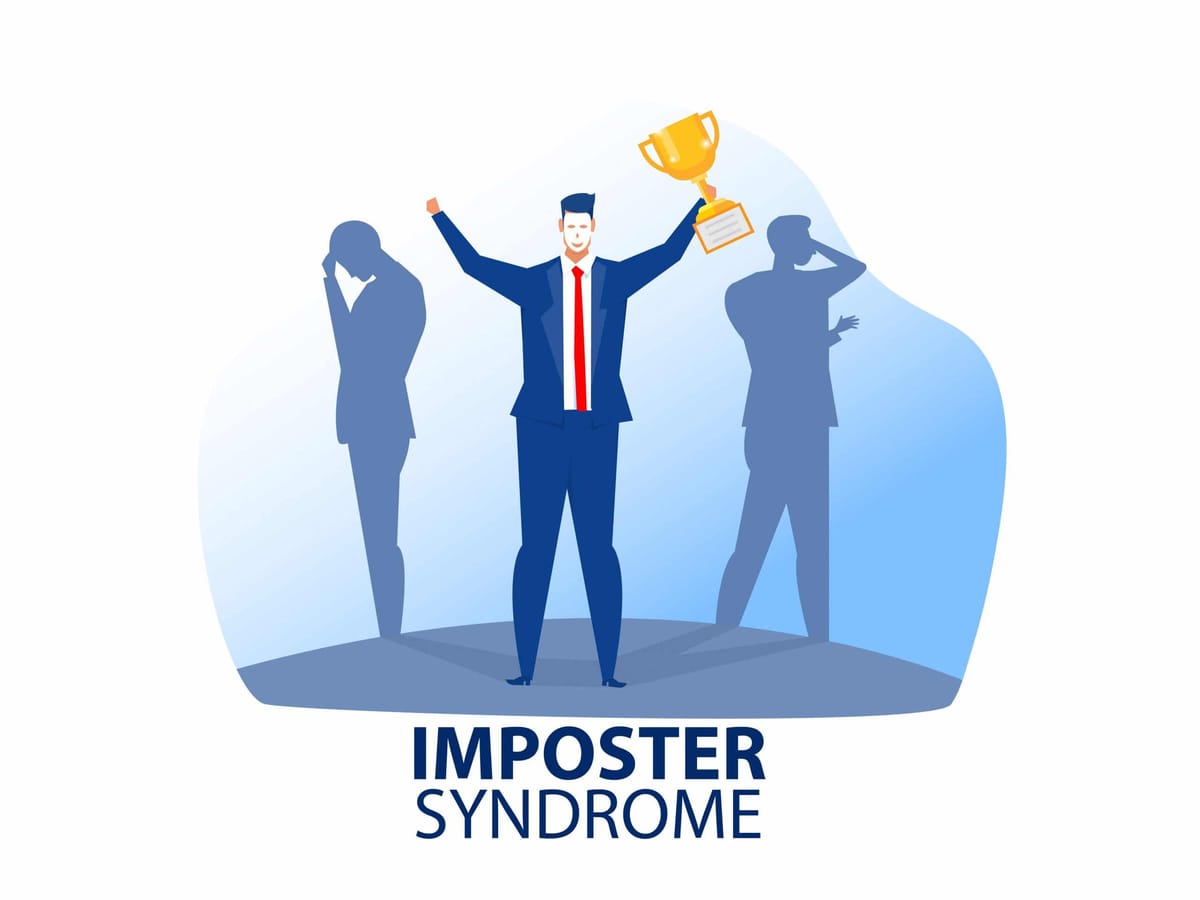Recognizing Imposter Syndrome
This is part one of a three part Mindset mini-series focusing on imposter syndrome. You may or may not have heard of it, you may or may not have experienced it, but it’s said to affect seven out of ten people.
Defining
It’s a term first coined by psychologists in 1978, and it refers to feelings of self-doubt, inadequacy, and the worry that someone will accuse you of being a fraud.
Frequently, people have trouble taking credit for their achievements and put their success down to luck. Or they find it difficult to accept compliments and believe that anybody else could have done the same or better.
It’s really common to experience feelings of inadequacy when embarking on something new—like writing a book or starting a new story.
“Writing is always full of self-doubt, but by the time I wrote my second book, I was familiar with that feeling of doubt and self-loathing, so I just thought, ‘Okay, this is how it feels to write a book.’”—Cheryl Strayed, bestselling author of Tiny Beautiful Things and Brave Enough
A lot of the advice out there suggests it’s possible to overcome imposter syndrome the same way you might get over a broken leg. Although imposter syndrome isn’t a medically classifiable disorder, matters of the mind are rarely that simple. Accepting that it’s part of who you are and developing coping strategies to quieten moments of self-doubt is a far better long-term plan.
Personifying
Personifying your imposter syndrome is one way to help keep you moving forward. Give it a name like Harold, Blippy, Snowball—call it whatever you like, give it a shape like a squishy kid’s toy, anything that will help you diminish its power over you. When it speaks to you, acknowledge it and say “thanks very much for your help,” and then carry on writing.
If that sounds too ridiculous, then ask yourself this: “What would another author do?” You could go deeper and insert your favorite author’s name to make it more specific, “What would Maya Angelou do?” Would she cave in to self-doubt, or would she carry on writing? And if she can do it, why not you?

